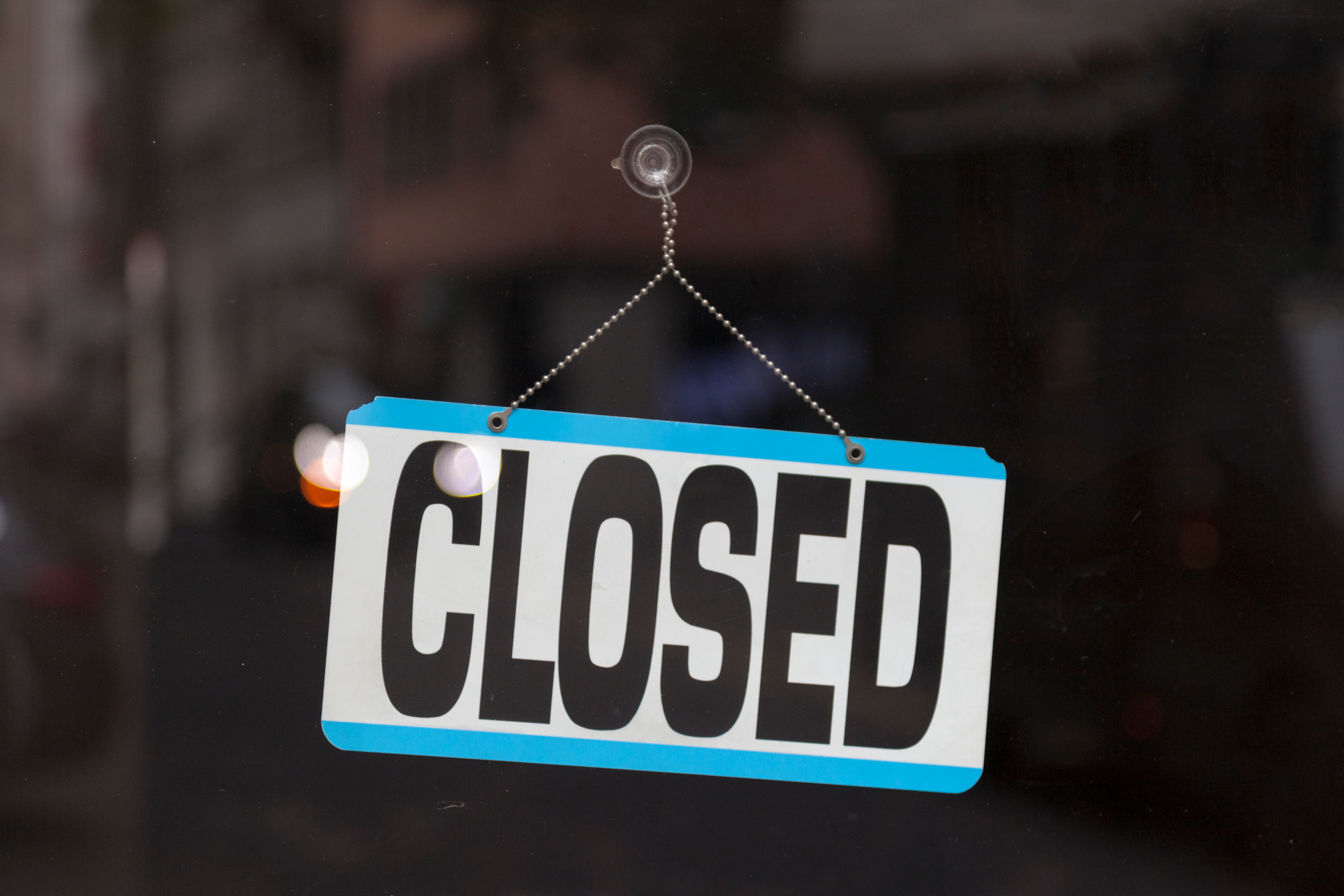Gov. Bruce Rauner and the Republican leaders of the Legislature said Tuesday that Democrats are moving too slowly on budget negotiations ahead of the General Assembly's May 31 scheduled adjournment.
Rauner met for about an hour with the four legislative leaders before telling reporters outside his state Capitol office that Democrats are balking at agreement on an estimate of state revenue for the budget year that begins July 1.
A solid revenue number on paper is required by law. Rauner says it's a spigot to control runaway Democratic spending.
"There's a reluctance to being pinned down," Rauner said. "Being pinned down and agreeing to a revenue number is key to having a balanced budget."
Democrats who control the General Assembly claim it's a "gotcha" tactic but say more work needs to be done in part because of an expected shortfall.
Budget analysts for both sides have come up with numbers that differ by less than $100 million, or about 3 percent of the total.
Emerging earlier from the same meeting, Senate President John Cullerton said there's "a general understanding about how much money we have coming in" while he obliquely mentioned a "gap that needs to be closed" without specifics.
Local
The Chicago Democrat downplayed Republicans' call for a revenue estimate.
"I wouldn't be hung up on that," Cullerton said. "That gets into somewhat of a 'gotcha' game and a political fight. That's not what's holding us up."
The Legislature's bipartisan financial analyst, the Commission on Government Forecasting and Accountability , estimated in February that state revenue — more than half from income taxes, but also sales taxes, transfers from other state sources and federal grants — would be $37.964 billion in the 2019 fiscal year.
The Governor's Office of Management and Budget's estimate was $37.865 billion, $99 million less.
Most of that money is already spoken for, because of obligated state spending for Medicaid, pensions, and other programs.
Rep. Fred Crespo, a House budget negotiator and Democrat from Hoffman Estates, contends that since Rauner took office in 2015, Democrats have been amenable to a revenue number, but Republicans are unresponsive when invited to help determine how much in that "above-the-line" spending was necessary.
"Let's not make this a political item, which some of us think that's what they're trying to do," Crespo said.



